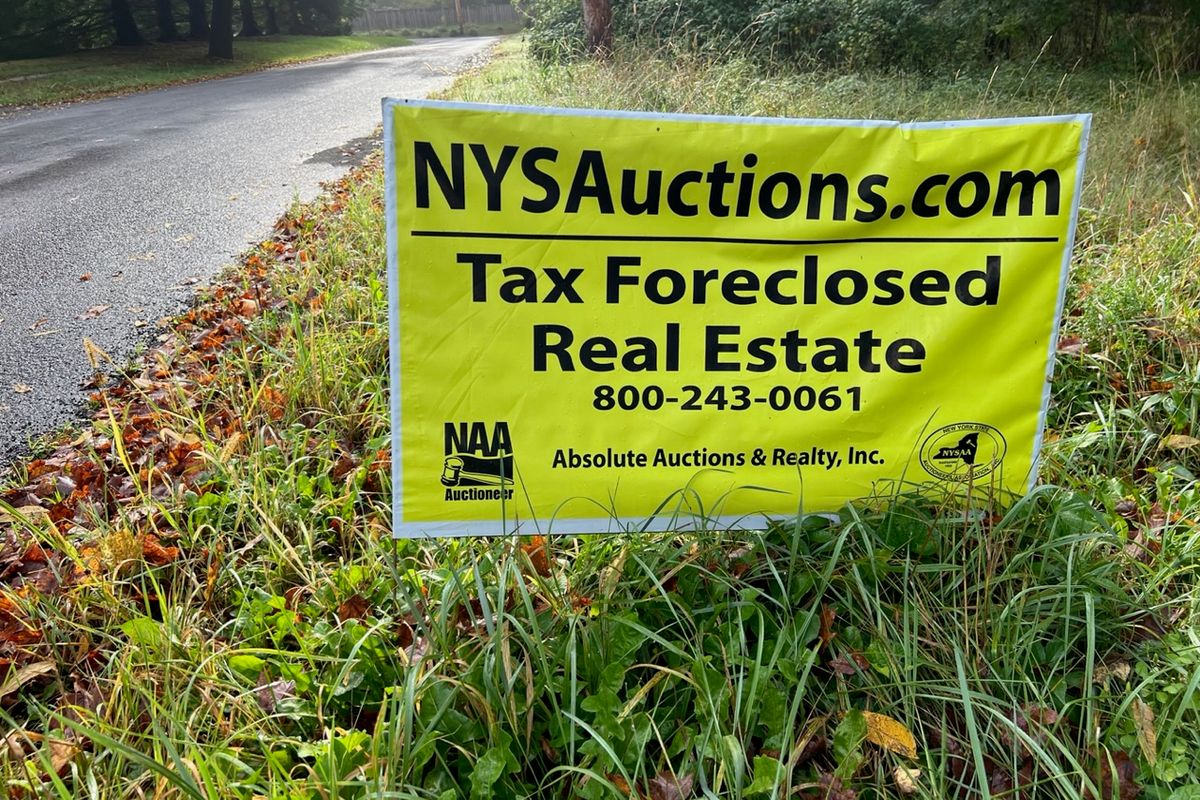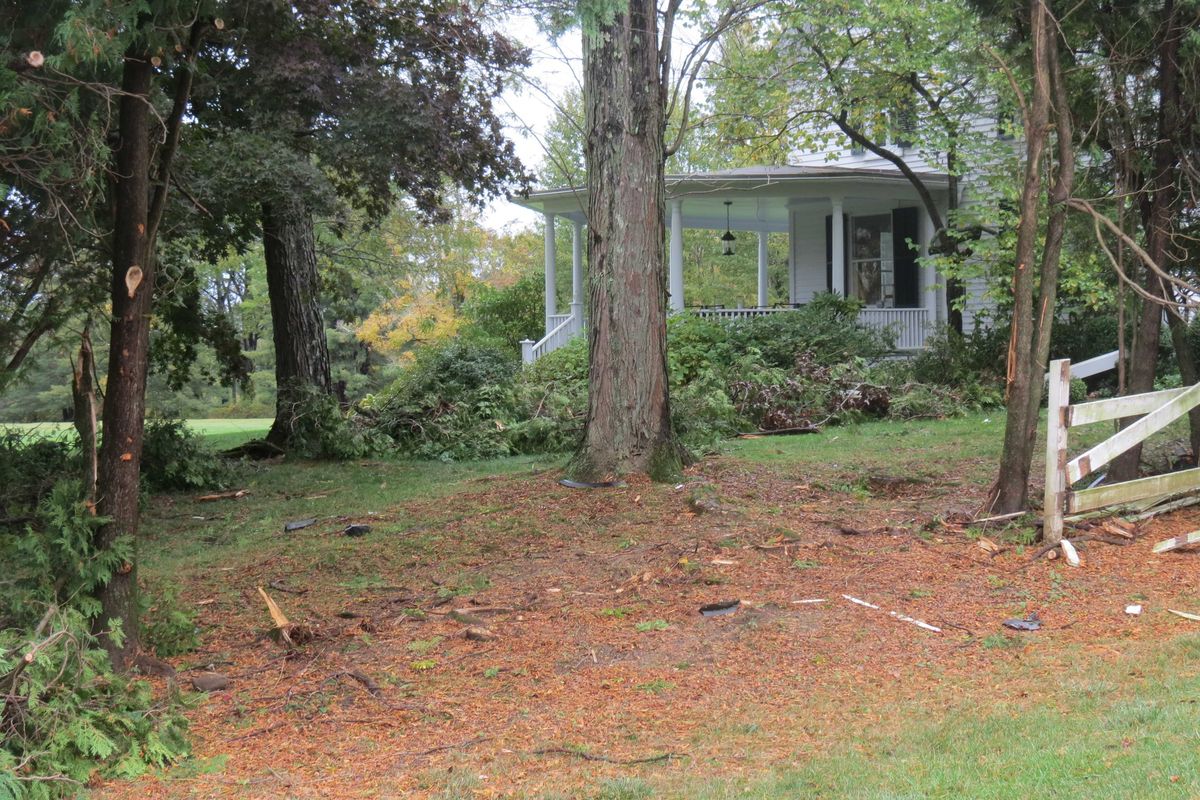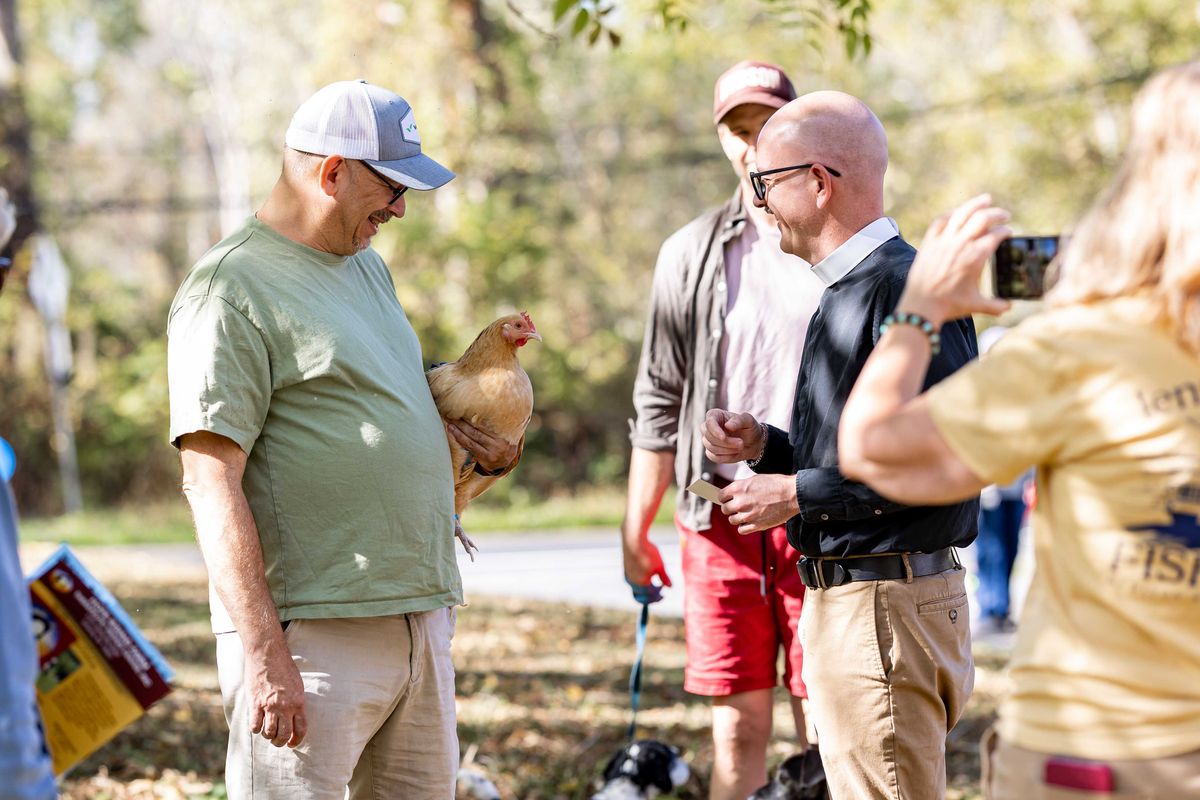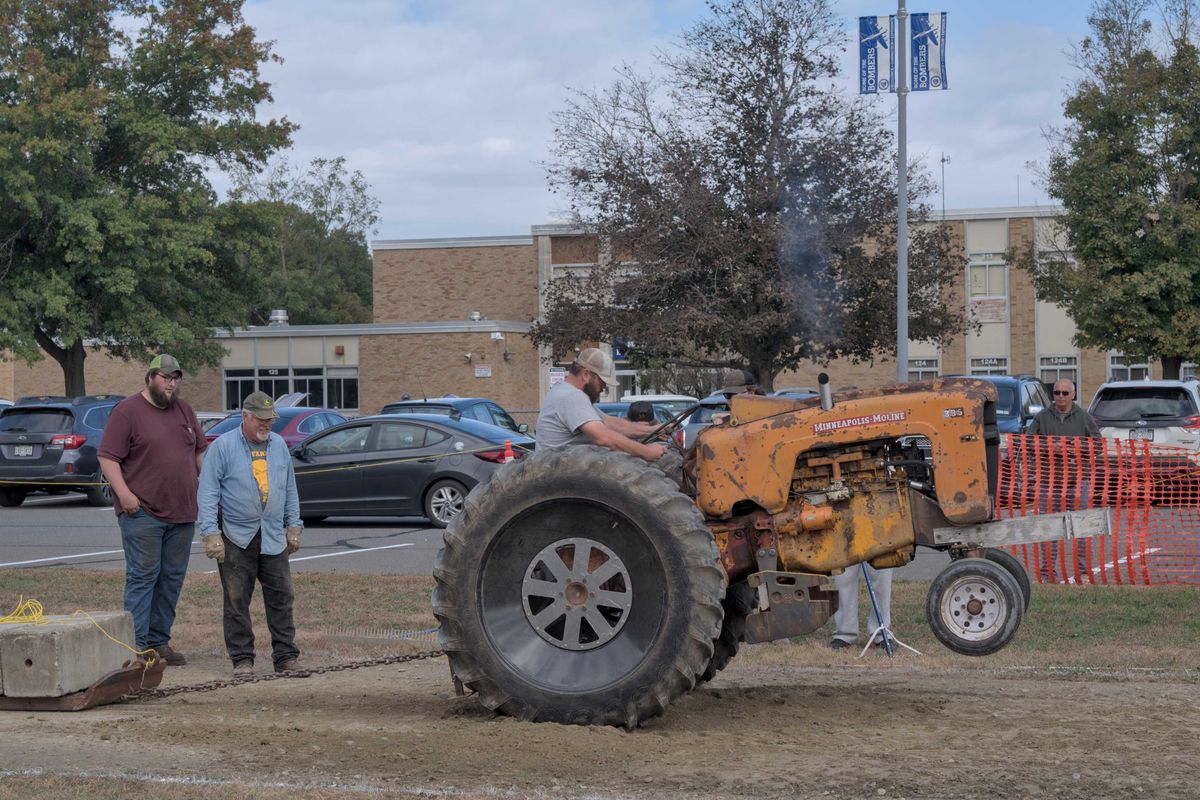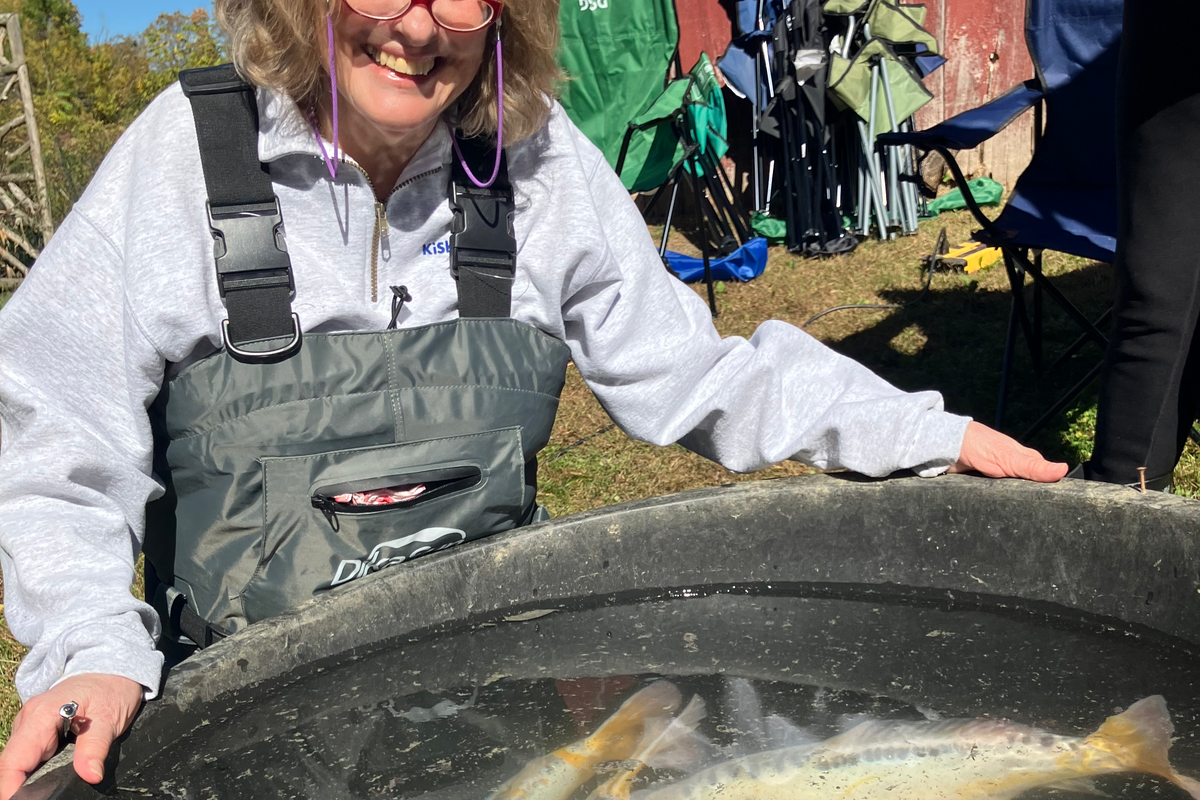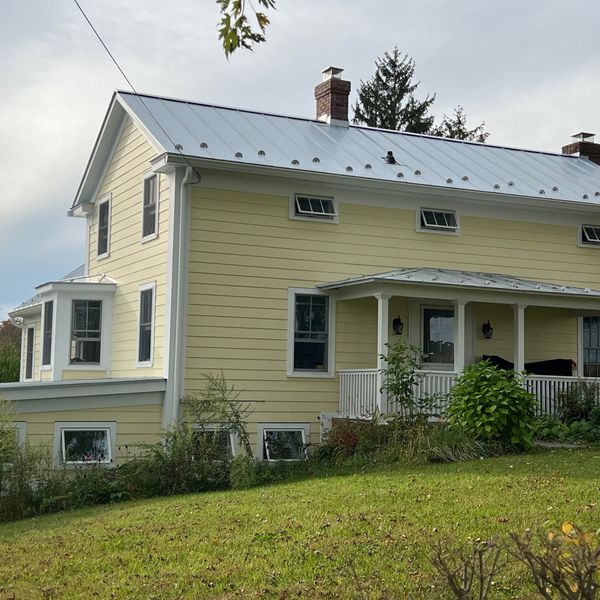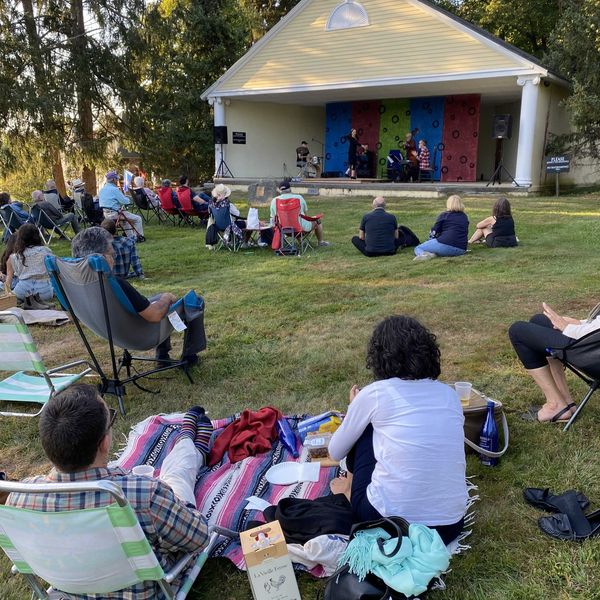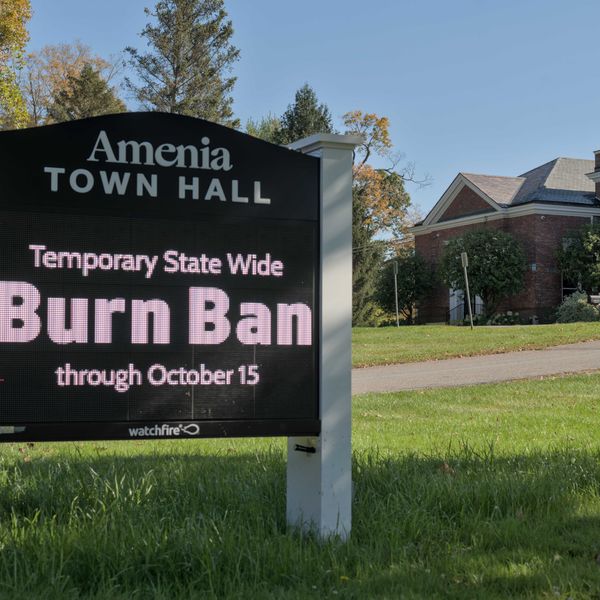Latest News
Celebrating agriculture
Oct 15, 2025
Photo by Nathan Miller
PINE PLAINS — The Pine Plains FFA Ag Fair brought a crowd to the high school on Church Street Saturday, Oct. 11.
Kicking off the day was the annual tractor pull, attracting a dedicated crowd that sat in bleachers and folding chairs for hours watching Allison-Chalmers, International Harvesters and John Deeres compete to pull the heaviest weights.
A large collection of food was on offer from the Pine Plains FFA and each one of the classes in the Pine Plains Central School District. The football team was selling pickles.
Stissing Mountain High School Principal Christopher Boyd enjoyed a dip in the dunk tank to raise money for the Pine Plains teachers’ union-sponsored scholarship.
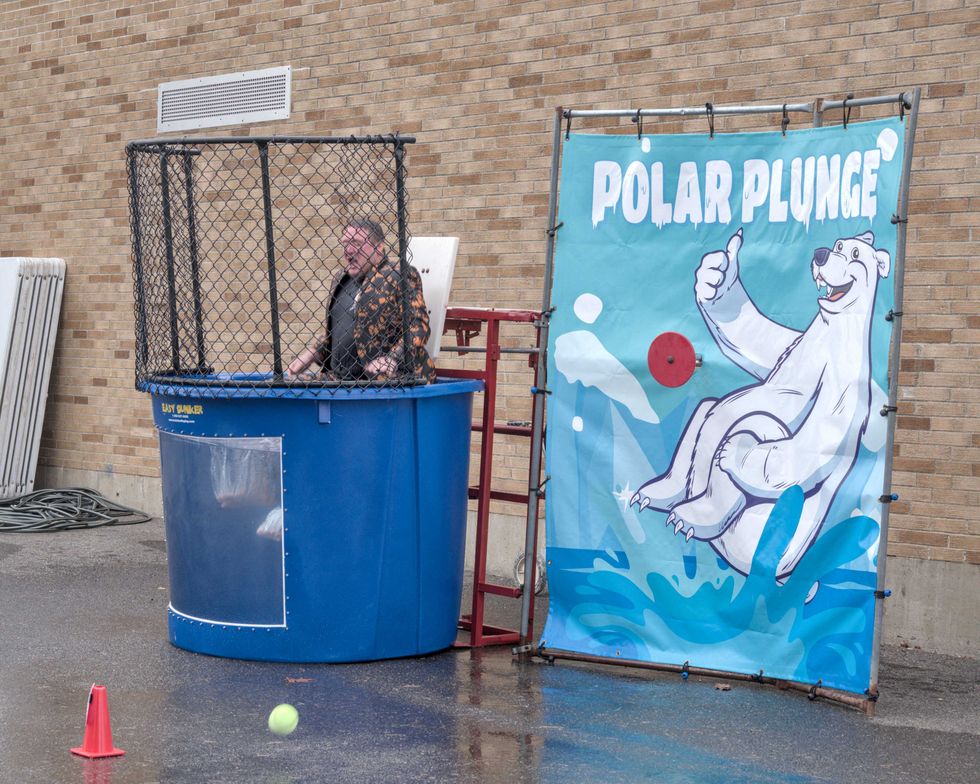
Keep ReadingShow less
MILLERTON — Ten candidates for office in the Nov. 4 election will answer questions from Dutchess County voters at a candidate forum on Friday, Oct. 24, at the Annex at the NorthEast-Millerton Library located at 28 Century Blvd.
The forum, which is sponsored by the library, will be held from 6 to 7:30 p.m.
Candidates for local and county offices will answer questions from residents in attendance or from residents who have submitted questions in advance.
“We’re excited to keep the tradition of the candidate forum going,” said Rhiannon Leo-Jameson, director of the library. “Some years we can’t always get candidates together.”
This year’s forum will include:
Rachele Grieco Cole, a Democrat, and Chris Mayville, a Republican, who both are running uncontested for the North East Town Council;
Casey McCabe, a Democrat, also running uncontested for North East Justice.
Among Dutchess County races:
Tracy MacKenzie, who is endorsed by Republicans and Democrats, is running uncontested for Dutchess County Family Court Judge;
Kara Gerry, a Democrat, and Ned McLoughlin, a Republican, are in a contest for a Dutchess County Court judgeship currently held by McLoughlin.
Chris Drago, D-19, and Tonya Pulver, a Republican, are competing to represent Dutchess County’s19th District seat currently held by Drago.
Democratic incumbent Dan Aymar-Blair and Will Truitt, the Republican chair of the county legislature, are competing for the Dutchess County Comptroller position currently held by Aymar-Blair.
Leo-Jameson is encouraging questions for the candidates to be submitted in advance, which will not be revealed to candidates beforehand. Dutchess County residents may pose questions during the forum. To submit a question on the library’s website, go to the calendar at nemillertonlibrary.org and find the link in the Oct. 24calendar entries.
The format calls for opening statements from the candidates, followed by questions from residents, and candidates will be able to stay after the forum to answer questions personally.
Keep ReadingShow less
Koi harvest
Oct 15, 2025
Photo by Leila Hawken
The “Elusive Ki Shusui” koi were temporarily relocated into a tub before being returned to their home pond at Maxine Pietro’s annual koi harvest at Broccoli Hall Farm in Amenia on Friday, Oct. 10. Speaking of their yellowish beauty, Pietro is pictured pointing out that the fish are scaleless but for scales that grow along the “zipper” on each fish’s dorsal ridge. The koi in the photo are estimated to be 6 or 7 years old.
The North East Community Center's Early Learning Program uses the research-based Creative Curriculum, which features a flexible, play-based approach with lots of time outdoors.
Photo Provided
MILLERTON — In its third year, the North East Community Center’s Early Learning Program has become a vibrant, nurturing space for children and an invaluable resource for families in Dutchess County, an area identified as a child care desert by the New York State Office of Children and Family Services. There are openings in both the toddler and preschool rooms for children ages 18 months to five years.
The ELP follows what’s known as the Creative Curriculum, a research-based early childhood program that builds confidence, creativity and critical thinking through hands-on, project-based learning.
“Kids are natural explorers,” said Emily Redmond, Early Childhood Programs Director. “Oftentimes, they tell us what they need to learn, so we leave plenty of room to follow the child.”
Before joining NECC, Redmond spent 13 years at Washington Montessori School in Connecticut, working in both classroom and administrative roles.
She explained that the Creative Curriculum allows teachers to stay flexible and build on children’s natural curiosity. For instance, worms appearing on the playground after a rainstorm can spark endless questions, leading to unexpected learning opportunities in math, science and beyond.
Redmond noted that children in the ELP practice pre-writing skills, work with small manipulatives to build fine motor skills, immerse themselves in nature and hone social-emotional skills. All the while, NECC’s team of educators understand that play is central to early childhood development.
One thing that sets the ELP apart from other child care programs, Redmond said, is “the mythical Chef Lenny.” Lenny Sutton, NECC’s longtime food service coordinator, prepares multiple meals and snacks for the kids each day in the on-site commercial kitchen, often using locally sourced ingredients. Known for his colorful aprons and bubbly personality, he has even been spotted in the classroom playing a few songs on the guitar.
So beloved is Chef Lenny that some students incorporate his role into their own play at home, pretending to cook and serve just like him. “Not many child care programs have an on-site chef to prepare daily meals,” laughed Redmond.
The only thing more colorful or bubbly than Chef Lenny is the new classroom fish tank, a favorite feature that provides both a calming presence and learning opportunities. A lively mix of fish adds to the ambiance, including several types of goldfish, a student-favorite pictus catfish, one powder blue gourami, a halfmoon blue betta, two dalmatian mollies and more.
The ELP is fully licensed by New York State, allowing NECC to accept state subsidies and help families access financial assistance.
“We truly value all forms of diversity, including socioeconomic diversity, and as a hallmark of NECC’s mission we strive to eliminate barriers to accessing quality education,” said Redmond, noting that the organization’s Family Programs department can provide support throughout the application process, including bilingual assistance.
NECC’s Early Learning Program is a New York Office of Children and Family Services-licensed day care center located at 11 Park Street in Millerton. Contact emily@neccmillerton.org for more information.
Keep ReadingShow less
loading

